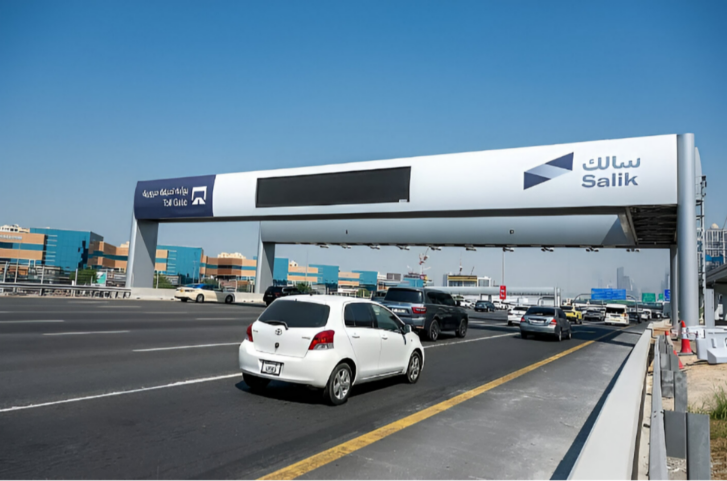
Government
Free Salik Trips Surge Nearly 50% in Q2 as Motorists Adapt to New Toll Pricing
The number of toll-free trips on Dubai’s roads rose sharply in the second quarter of 2025, with motorists increasingly adjusting their travel patterns to take advantage of the new variable toll pricing system. According to figures released by toll gate operator Salik, post-midnight toll-free trips increased by 46.8 per cent, reaching 16.4 million between April and June.
This marks the first full quarter since the revised pricing structure was implemented on January 31, 2025. Under the updated system, drivers are exempt from paying tolls between 1am and 6am. Peak hours (6am–10am and 4pm–8pm) carry a Dh6 charge, while off-peak travel (10am–4pm and 8pm–1am) incurs a Dh4 fee.
Rising Free Trips and Total Usage
Between February and March alone, 11.2 million Salik-free trips were recorded, bringing the total toll-free journeys in the first half of 2025 to 27.6 million. Meanwhile, chargeable trips reached 160.4 million in Q2, up 1.6 per cent from 158 million in Q1. This increase was largely driven by higher usage during peak hours following the addition of two new gates at Business Bay and Al Safa South.
Salik also reported revenues of Dh1.53 billion for the first half of the year, underlining the strong demand for its toll network despite the expansion of free-travel hours.
Commuters Adjust Travel Habits
The new pricing system has prompted many residents to rethink their commuting schedules. For some, late-night travel has become an effective way to save money and avoid congestion.
“I live in Sharjah but work night shifts in Dubai,” said Amir Niaz, a security supervisor. “Even if I finish work early, I wait until after 1 am to cross a Salik gate. It saves me Dh8 a day and reduces travel time since traffic is lighter.”
Other motorists have adopted similar strategies, such as waiting near toll zones until charges drop from Dh6 to Dh4, and later to zero after midnight.
Broader Impact
The system has not only reduced costs for late-night commuters but also eased traffic distribution across different hours. Authorities and transport analysts note that these shifts in driving habits reflect how financial incentives can influence road usage and help regulate congestion in a rapidly growing city like Dubai.
📢
Advertisement Space
750x200 pixels
Click to book this space
Comments (0)
Please log in to post a comment
Login to CommentNo comments yet. Be the first to share your thoughts!